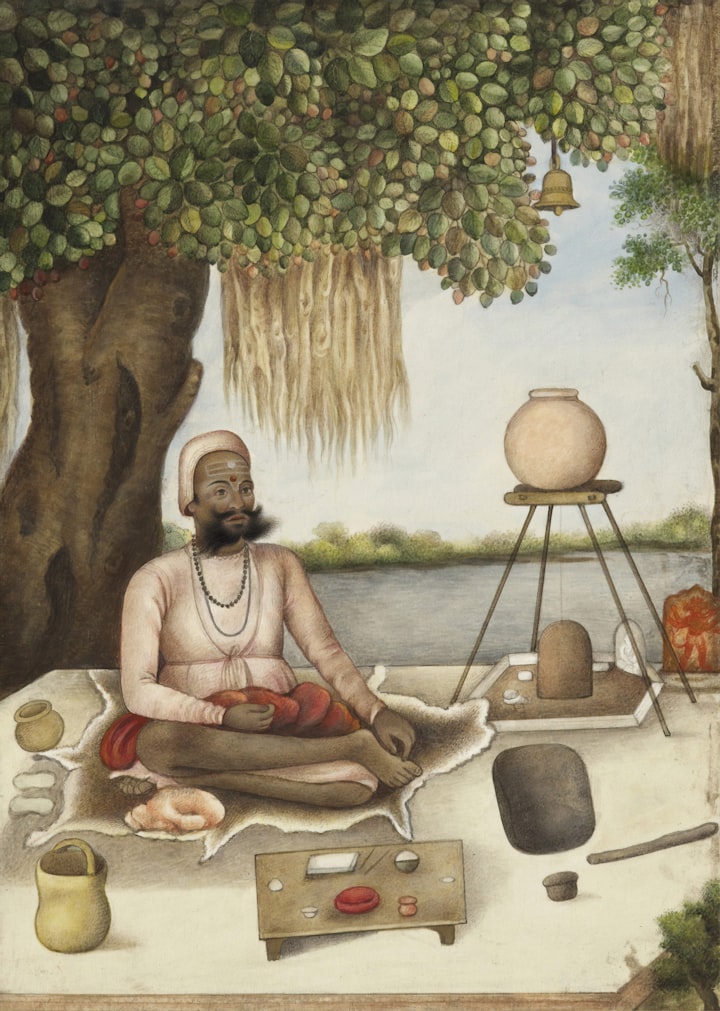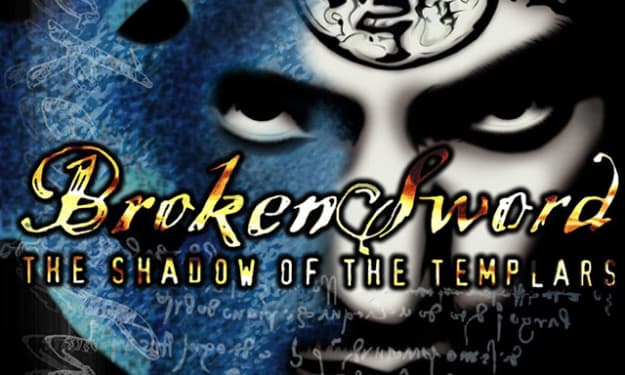Do You Really Need 8 Hours of Sleep Every Night?
Sleep is sweet; but how much do we need it?

Sleep is so important.
We want it to live.
And when we cannot sleep, we're determined for help. But lately, our fascination with sleep feels as if it is taken on an urgency. Do a speedy web search for sleep and you will discover a slew of articles about how to make your sleep perfect. New gadgets, fancy alarm clocks, stay away from blue light. There are a lot of services, merchandise and recommendation columns that inform us we're slumbering wrong. Not enough, not excellent sleep, incorrect position. Even worse, you would possibly discover frightening messaging claiming that if you are now not drowsing right your lifestyles is going to be shorter, you're going to get all sorts of diseases. One of the largest concerns we have about our sleep is that we're no longer getting enough and that whatever less than seven hours a night means that we’re doomed to horrific health, everything from excessive blood stress to Alzheimer’s disease.
But there are two flaws with this variety of messaging. Flaws with sleep messaging The first flaw is that it is no longer totally accurate. Seven to eight hours of sleep, while encouraged for adults, is simply an average. And whilst messages have to be simplified for health verbal exchange to the public, sometimes necessary nuances get lost.
So yes, it is proper that now not getting adequate sleep in the lengthy term is related with fitness troubles like cardiovascular disease, diabetes and depression. But fixating fully on seven to eight hours ignores the truth that there may be a vary of sleep that human beings need. The period of a exact night's sleep can be distinct for extraordinary people. Some adults want eight, however some are simply best on six.
Sleep monitoring devices
The 2nd flaw with this type of doomsday messaging is that it can be counterproductive, especially for human beings who do have bother sleeping.
For instance, in 2019, it was once estimated that 21 percentage of adults in the US were sporting sleep monitoring devices And that range is possibly growing. And I get it. It's charming to see how lots sleep you've got gotten every night and to understand what section of your night time used to be spent in deep sleep or dreaming. But having all of that sleep data is inflicting some human beings to grow to be obsessed with it, so tons so that it’s main to a circumstance some name orthosomnia:
Orthosomnia a preoccupation with the regular want to gain ideal sleep. And this condition, ironically, is inflicting extra sleep problems. Now orthosomnia may be an intense example, but the anxiousness of now not getting ample sleep
is maintaining some of us up at night. So here is what some professionals are saying. Stop fixating on the number because that can lead to unrealistic expectations of sleep. According to Dr. Colleen Carney, a psychologist and the head of the Ryerson University Sleep Lab, the simple questions you have to ask your self are:
Questions to ask yourself
Do I sense fairly well-rested at some point of the day?
Do I usually sleep thru the night time barring disturbances?
Or, if I wake, do I fall lower back asleep easily?
Can I continue to be wide awake thru the day besides involuntarily falling asleep?
If your solutions are sure to all three, you possibly do not want to fear about your sleep.
And if you are struggling with your sleep, instead of shopping for high-priced blue mild filters or fancy sleep trackers, try speaking with your medical doctor to make positive there are not any scientific conditions that want to be explored first. Then attempt evidence-based recommendations laid out via the American Academy of Sleep Medicine. What's honestly cool is that there is a fairly superb therapy called cognitive behavioral remedy for insomnia, or CBT-I,
It doesn’t have any medicines involved. And it has a in reality low failure rate.
Do You Really Need eight Hours of Sleep Every Night?






Comments
There are no comments for this story
Be the first to respond and start the conversation.